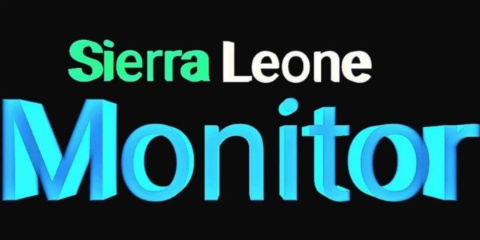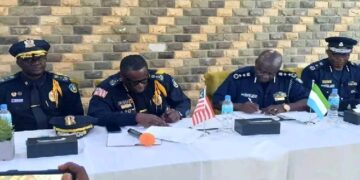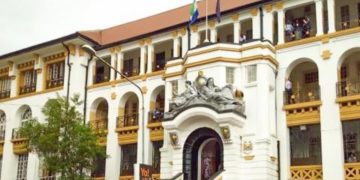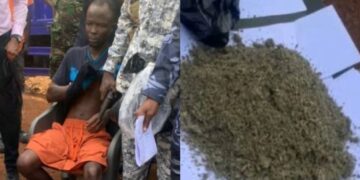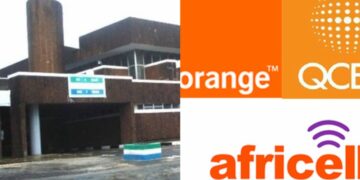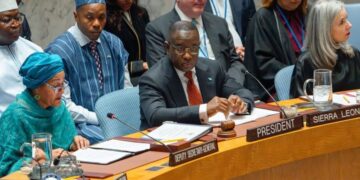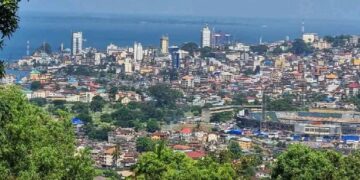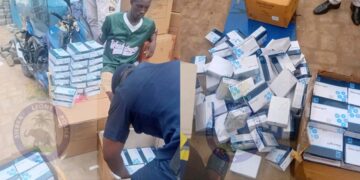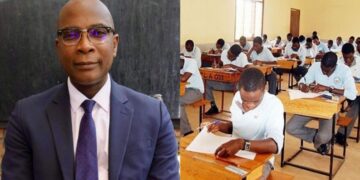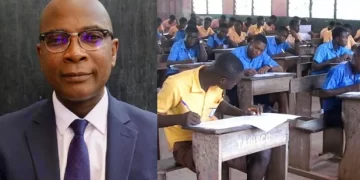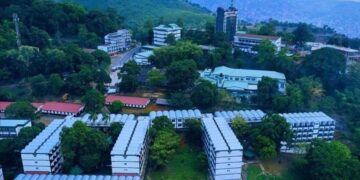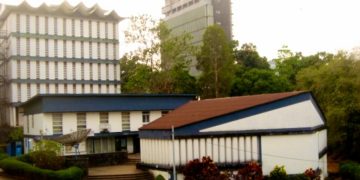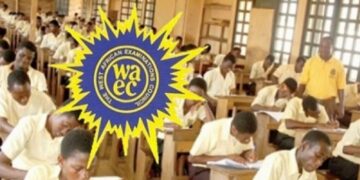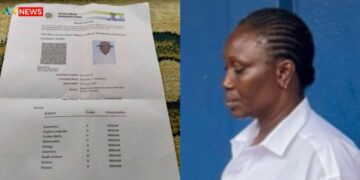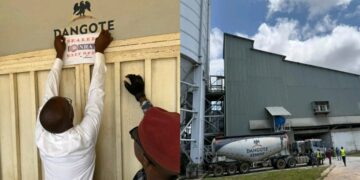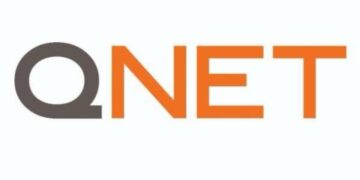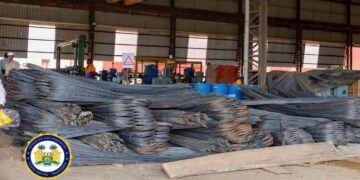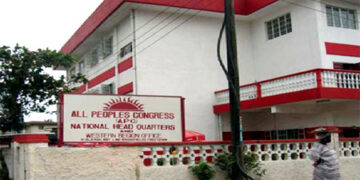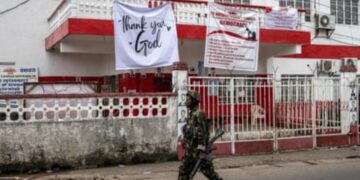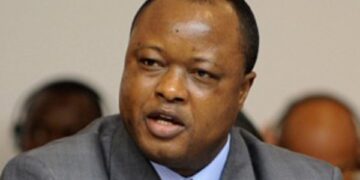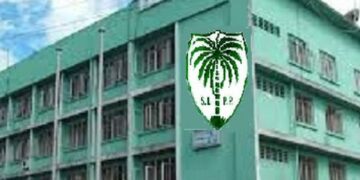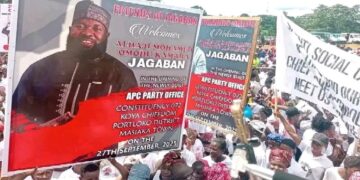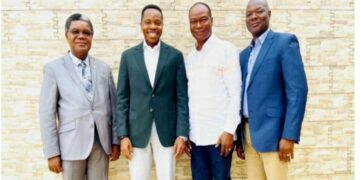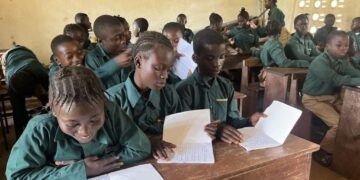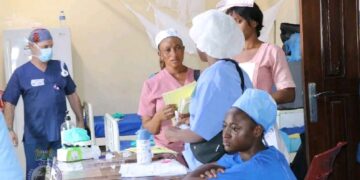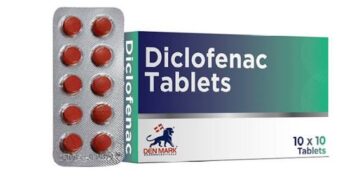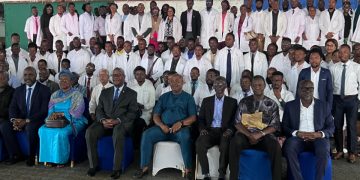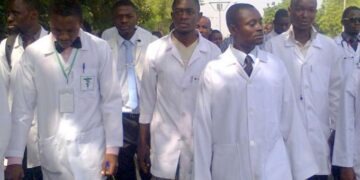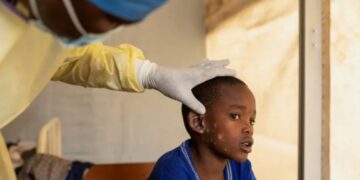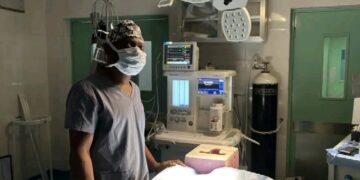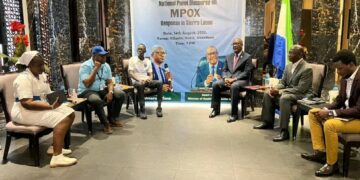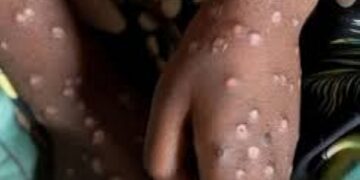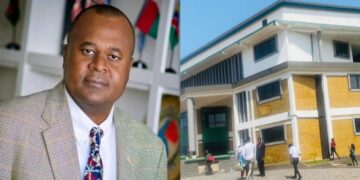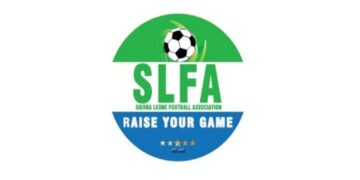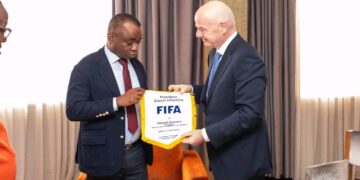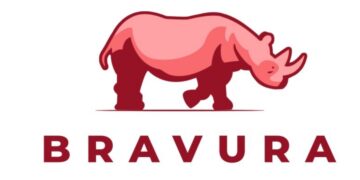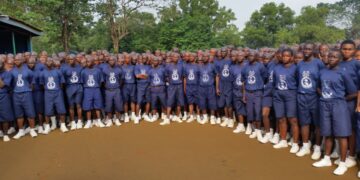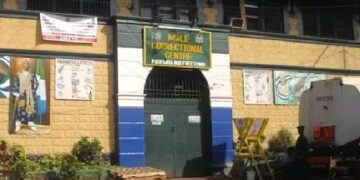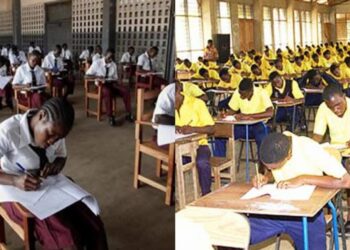Freetown, Sierra Leone – November 19, 2025 – Staff at Sierra Leone’s Tertiary Education Commission (TEC) have been officially directed by the supervising Ministry of Technical and Higher Education to submit any evidence of corruption involving the commission’s Chairman, Professor Alpha Mohamed Alghali, directly to the country’s Anti-Corruption Commission (ACC) for independent investigation.
The directive, issued amid mounting allegations against Prof. Alghali, accuses him of “grave abuse of office” and illegally “double-dipping” into public funds totaling approximately Le1.4 billion (around $60,000 USD, based on current exchange rates).
Sources indicate the claims involve improper financial practices, including drawing salaries or allowances from multiple public sources simultaneously, a common form of corruption in Sierra Leone’s public sector.
The ACC, an independent body established in 2000 (amended in 2008 and 2019) with powers to investigate, prosecute, and prevent corruption, will review all submitted documents, complaints, and supporting materials. If sufficient evidence is found, the commission may launch a formal inquiry, leading to potential charges under the Anti-Corruption Act of 2008 (as amended). Penalties for such offenses can include fines, imprisonment, and restitution of misappropriated funds.
Prof. Alghali, a veteran academic previously associated with Njala University (where he served as Principal before a controversial removal in the late 2000s), was appointed TEC Chairman under the current SLPP government of President Julius Maada Bio.
The TEC oversees quality assurance, accreditation, and funding allocation for tertiary institutions across Sierra Leone, making any financial irregularities particularly sensitive amid the government’s flagship Free Quality Education initiative, which has heavily invested in higher education.
Neither Prof. Alghali nor the Ministry has issued a public response to the allegations as of now.
The ACC, led by Commissioner Francis Ben Kaifala since 2018, has intensified efforts against high-level graft in recent years, recovering billions in leones and securing convictions in education and public finance sectors.
This case underscores ongoing challenges in Sierra Leone’s fight against corruption, where the education sector remains vulnerable despite reforms.
Transparency International’s latest rankings place Sierra Leone at a score of around 33-35 on the Corruption Perceptions Index, reflecting modest improvements but persistent systemic issues.
The ACC has urged whistleblowers to come forward confidentially, assuring protection under the law. Developments are expected in the coming weeks as submissions are processed.
